Article not found
This article is no longer available. But don't worry—we've gathered other articles that discuss the same topic.
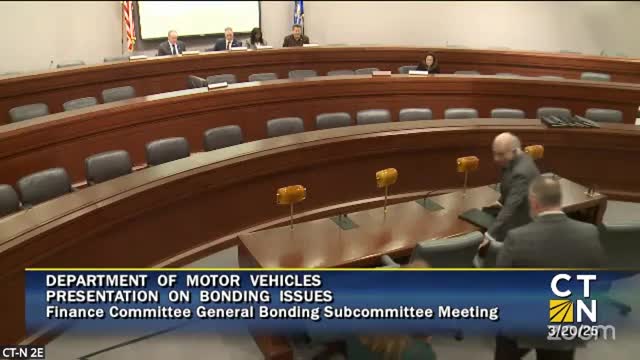
DMV requests funding for facility repairs and modernization; Weathersfield branch flagged for replacement
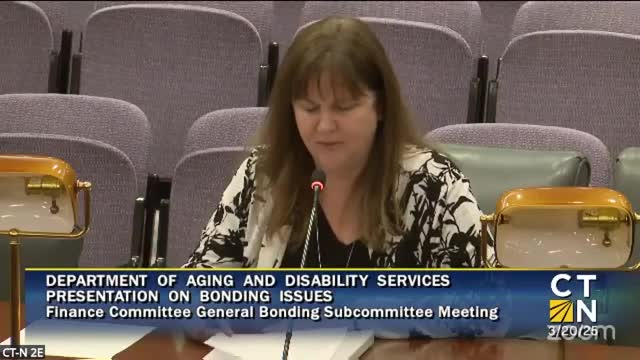
State Library warns archives storage nearly full, asks for preservation facility study funding; seeks to distribute public‑library construction grants
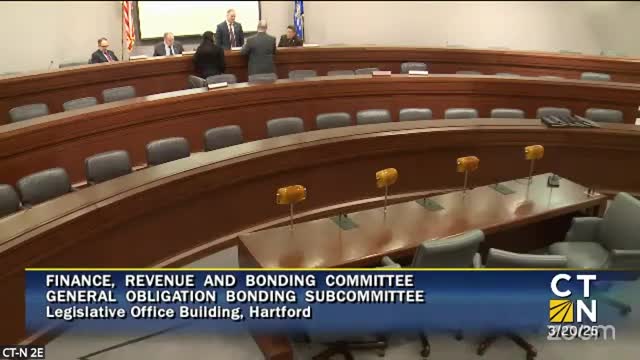
Department for Aging seeks $1 million in bond funds to scale ‘aging‑in‑place’ home‑repair pilot statewide

Mental‑health agency seeks planning funds for Whiting Forensic replacement, sprinkler projects and facility repairs
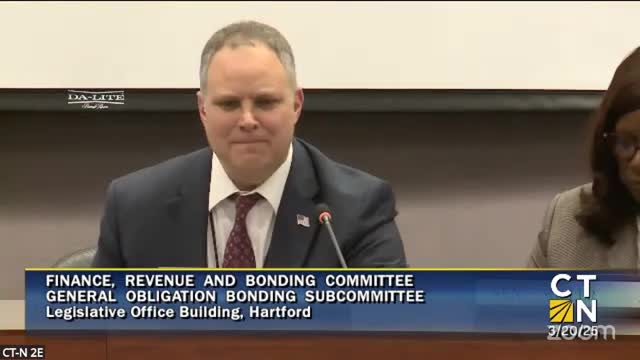
Judicial Branch outlines multi‑year capital plan, ADA compliance, digital courtrooms and new courthouse feasibility
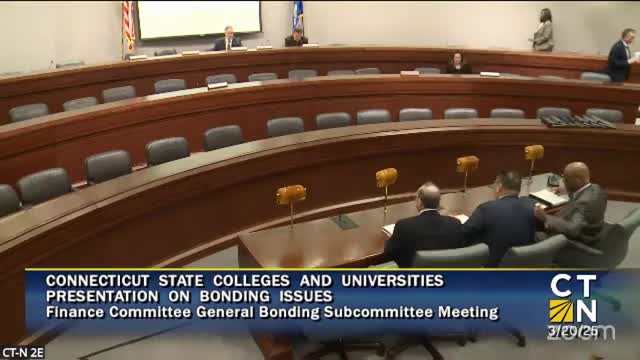
CSCU leaders tell bonding panel $479 million authorized but unallocated; urge action on health, safety and deferred maintenance

